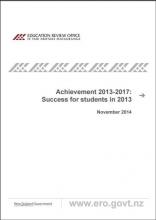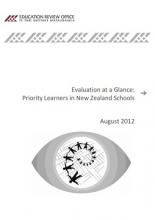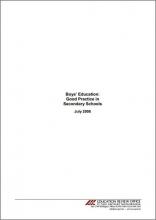Teaching strategies that work - Reading
The Education Review Office (ERO) has released the latest in its Teaching Strategies that Work series. “Keeping children engaged and achieving in reading” is a description of strategies used by primary schools which have significantly improved their students’ achievement in reading.










